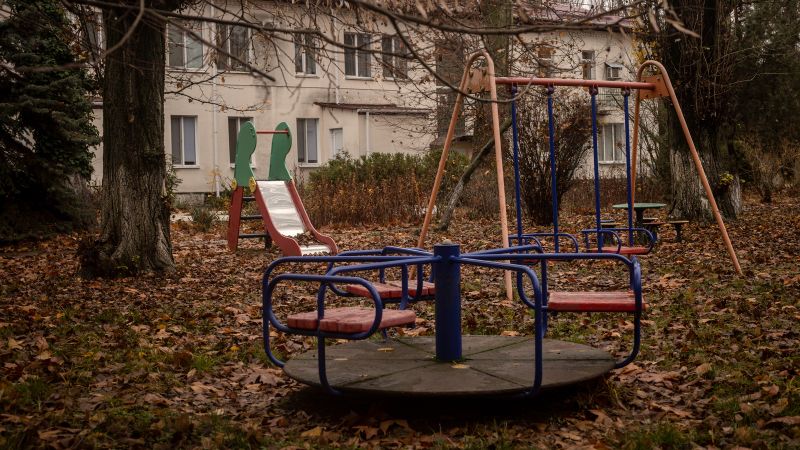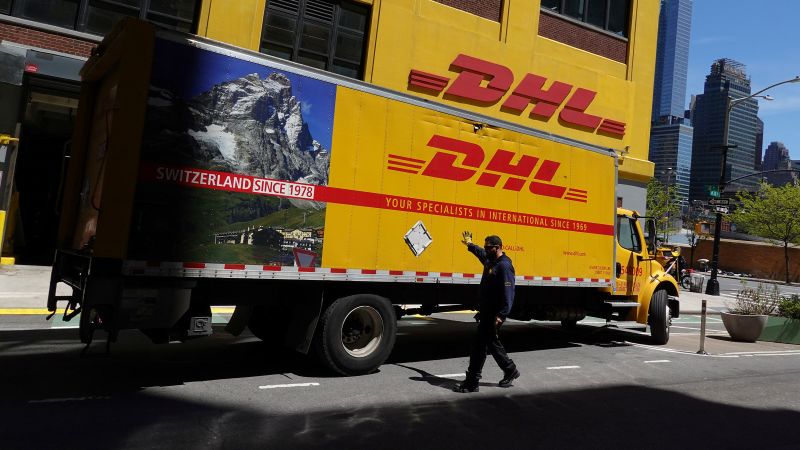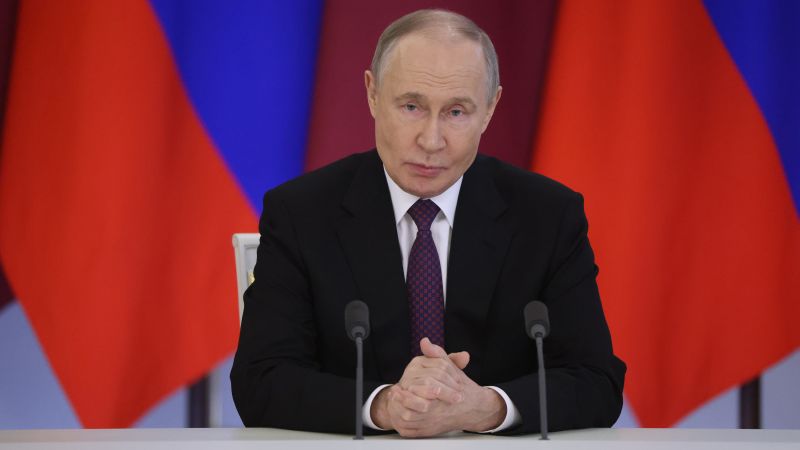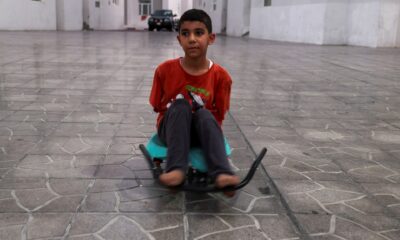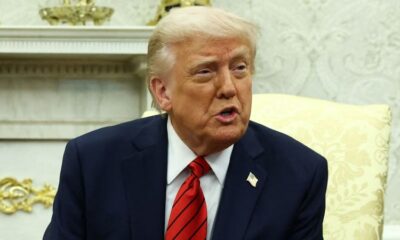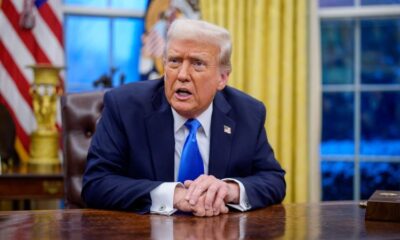CNN
—
Researchers have lost access to a major database of evidence on alleged Russian war crimes, including the locations of more than 30,000 abducted Ukrainian children, and funding for their work has been terminated, according to a letter from House lawmakers and a source familiar with the matter.
The Trump administration terminated financial support for the Ukraine Conflict Observatory, a State Department initiative launched in May 2022 “to capture, analyze, and make widely available evidence of Russia-perpetrated war crimes and other atrocities in Ukraine.” The funding was initially suspended as part of a sweeping foreign aid freeze in late January.
“The funding has been cut based on the assessments that we’ve been making regarding what was defining work within our framework of what was in America’s interests,” State Department spokesperson Tammy Bruce said Wednesday.
The evidence collected by the Ukraine Conflict Observatory had been used in efforts to prosecute Russian officials for their alleged involvement in war crimes, including the International Criminal Court arrest warrant against Russian President Vladimir Putin.
According to a source familiar, when the funding was initially frozen, the database was turned off and researchers at Yale University lost access. The researchers have also lost access to all critical resources, like satellite imaging, needed to collect evidence of war crimes.
The database included information not only on the abduction of the Ukrainian children, but on other Russian war crimes as well: attacks on energy infrastructure, attacks on civilian infrastructure, and destruction of cultural sites, the source said.
The database was specifically structured to pull together relevant elements for prosecution of war crimes, the source said. It is unclear who has access to the database, what will happen to the critical evidence it holds, and whether it will be able to be shared with the entities like the European Union law enforcement agency Europol.
According to the letter from House lawmakers, Yale’s Humanitarian Research Lab (HRL) – which had been conducting research for the Ukraine Conflict Observatory – “compiled three reports, sourced from satellite imagery and biometric data, tracking identities and locations of over 30,000 children from Ukraine at dozens of locations.”
“This data is absolutely crucial to Ukraine’s efforts to return their children home,” the lawmakers said in the letter to Secretary of State Marco Rubio and Treasury Secretary Scott Bessent Wednesday.
The importance of returning “the forcibly transferred Ukrainian children” was a key topic in the meeting between top US and Ukrainian officials in Jeddah earlier this month, according to a joint statement after the meeting. In a call with Ukrainian President Volodymyr Zelensky Wednesday, President Donald Trump asked “about the children who had gone missing from Ukraine during the war, including the ones that had been abducted,” according to a statement about the call. “President Trump promised to work closely with both parties to help make sure those children were returned home.”
Wednesday’s letter, led by Ohio Democratic Rep. Greg Landsman, noted that the evidence was being preserved “to be shared with Europol and the government of Ukraine to secure their return.”
“Yale HRL’s funding has been terminated and the status of the secure evidence repository is unknown. This vital resource cannot be lost,” it said.
The lawmakers said they have “reason to believe that the data from the repository has been permanently deleted.”
“If true, this would have devastating consequences,” wrote the 17 lawmakers, including Republican Rep. Don Bacon of Nebraska.
Bruce and another State Department spokesperson said the data had not been deleted.
“The State Department does not hold the data for the Conflict Observatory. The data resides on a platform owned by MITRE as part of the program,” the unnamed spokesperson said, referring questions to the non-profit organization MITRE.
“To the best of MITRE’s knowledge and belief, the research data that was compiled has not been deleted and is currently maintained by a former partner on this contract. Department of State has been made aware of data disposition,” MITRE told CNN.

